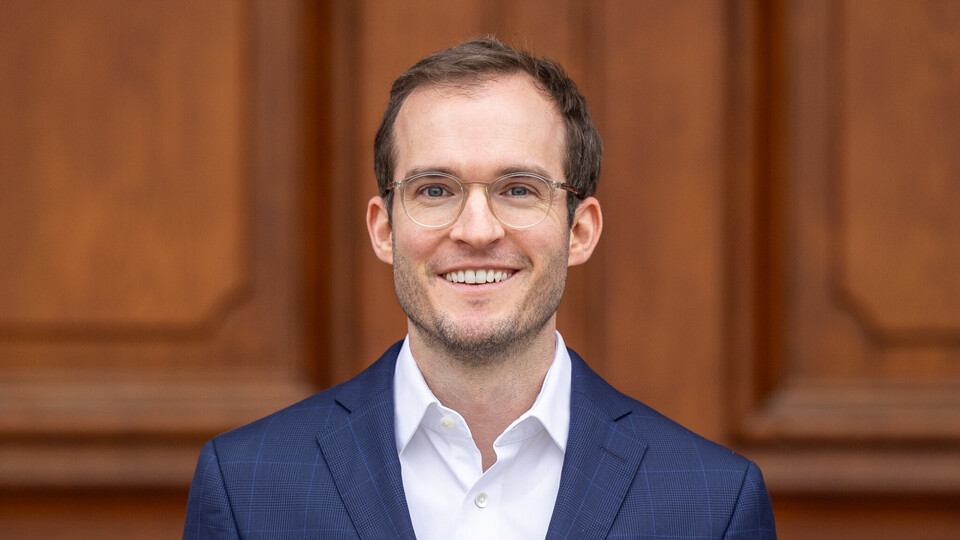Prof. Dr. Reinwald Quoted in Several Media Outlets on the “Glass Cliff” Phenomenon

The Glass Cliff theory suggests that women are more likely to be appointed to leadership positions when organizations are in crisis – for instance, during financial difficulties or following corporate scandals. According to Reinwald, the likelihood of such appointments increases significantly in times of crisis, although it remains low overall.
The recent media attention was sparked by the appointment of Evelyn Palla as the new CEO of Deutsche Bahn, a company that has long faced major challenges. Reinwald interprets such appointments as an attempt by organizations to signal renewal and change in difficult times. This tendency is particularly strong in companies that have traditionally been led by men – such as Deutsche Bahn. The greater the public visibility of an organization, the more pronounced the Glass Cliff effect tends to be.
Reinwald’s findings are based on a large-scale study conducted together with two colleagues from the University of Konstanz, in which they analyzed over 26,000 leadership transitions in publicly listed U.S. companies between 2000 and 2016. Although only 7.4 percent of these transitions involved women, the results are statistically robust due to the large sample size. Reinwald assumes that the findings are broadly transferable to the German context.
Read the articles byZDF Heute, Handelsblatt, ZEIT and Tagesspiegel